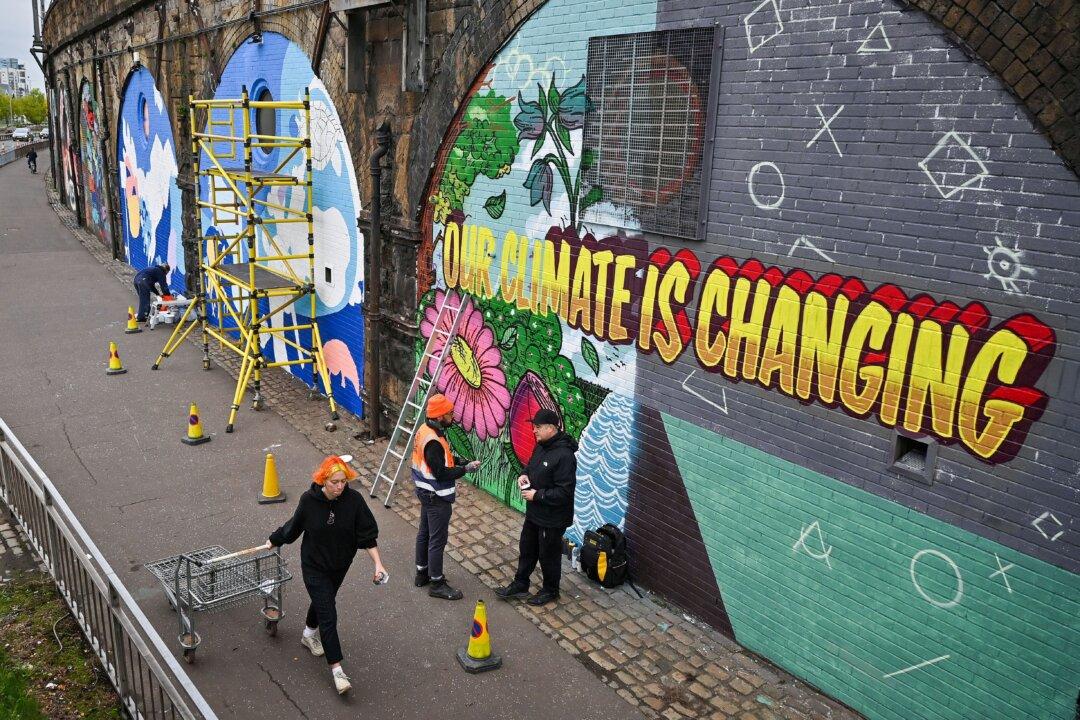News Analysis
The COP26 climate conference is taking place in Scotland, and China has already disappointed analysts who say it is not doing enough to stop catastrophic global warming.

The COP26 climate conference is taking place in Scotland, and China has already disappointed analysts who say it is not doing enough to stop catastrophic global warming.